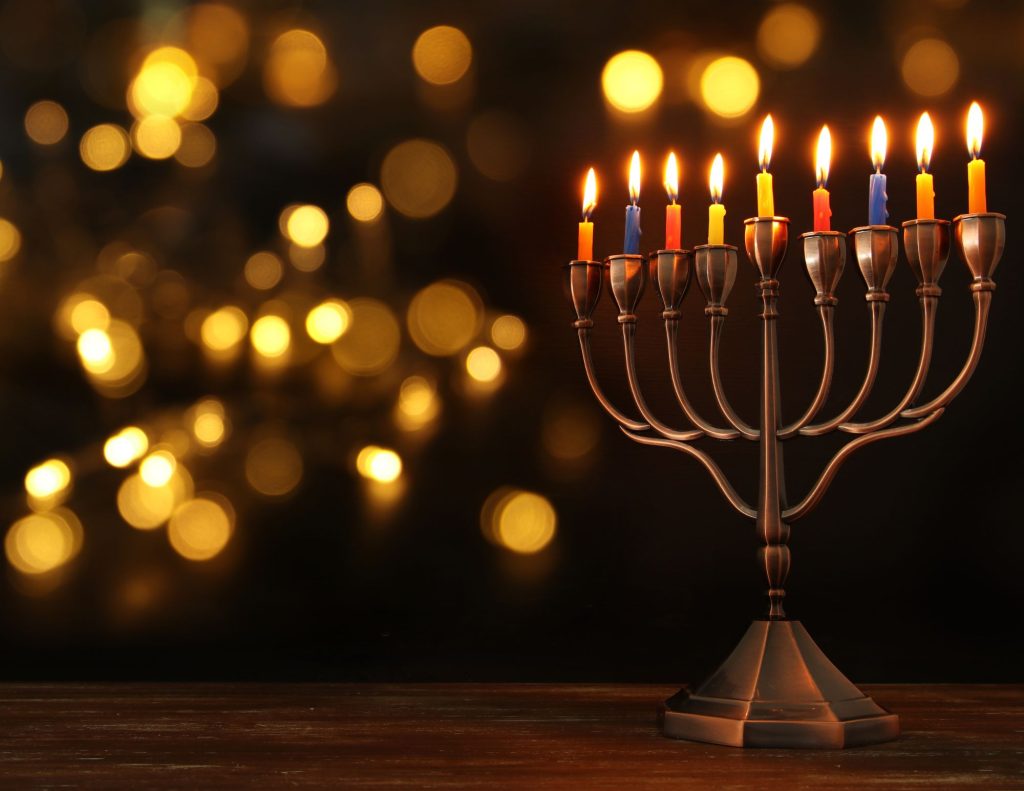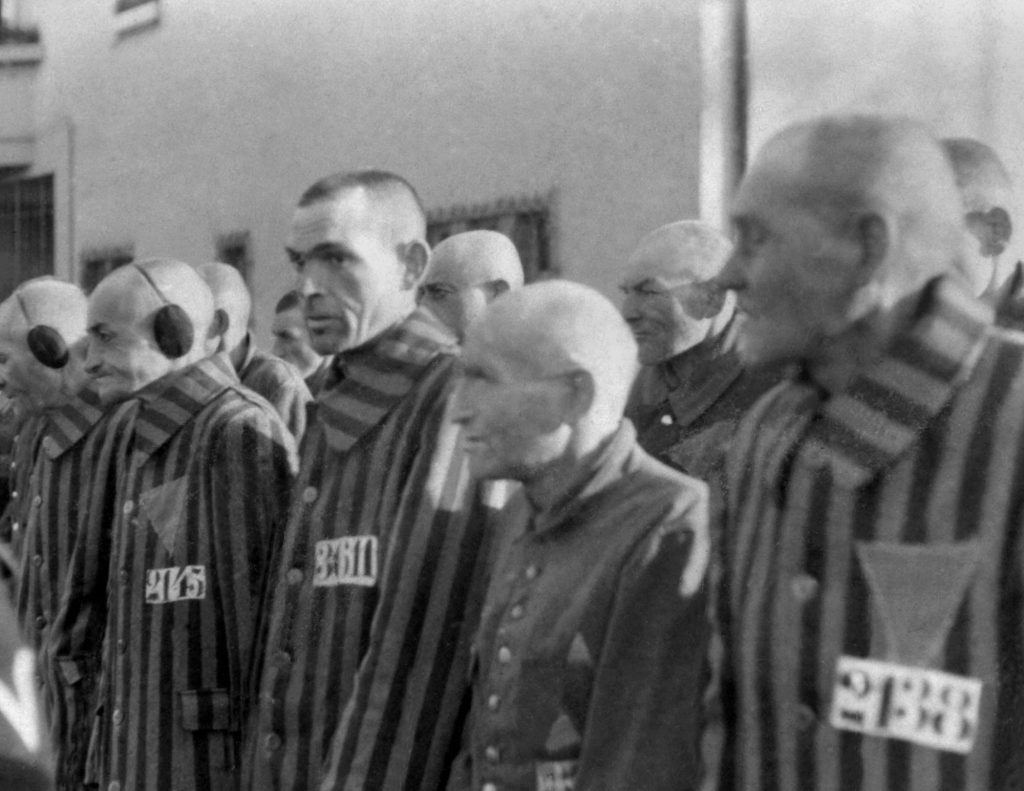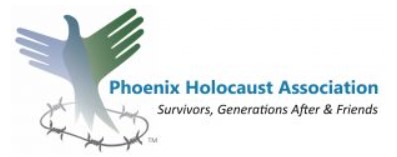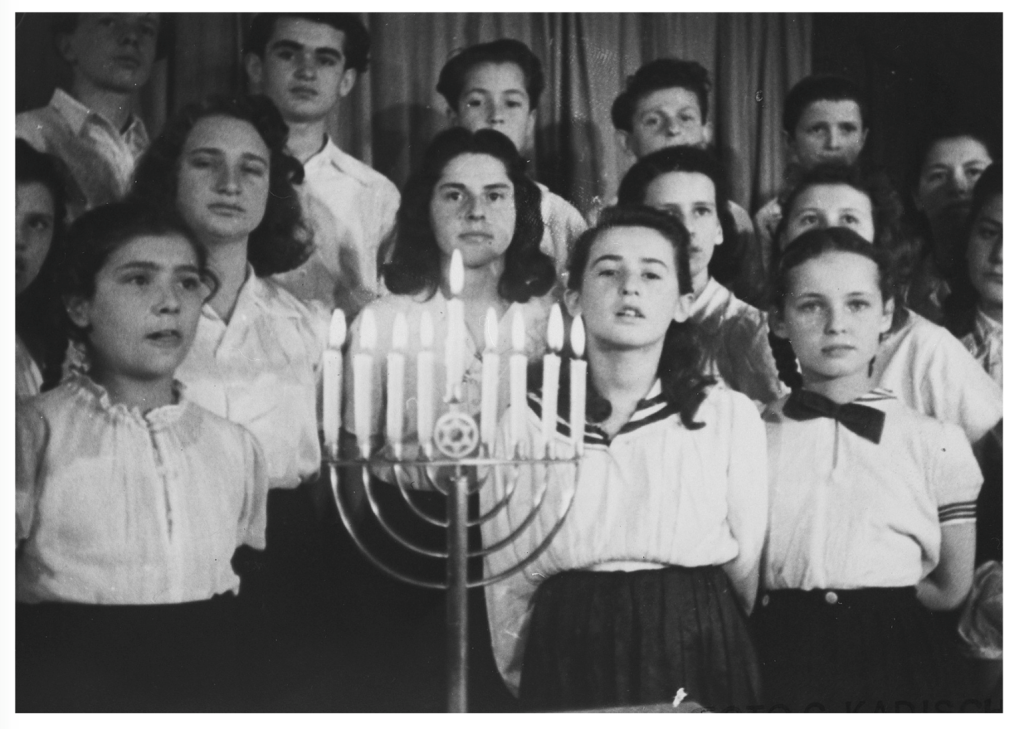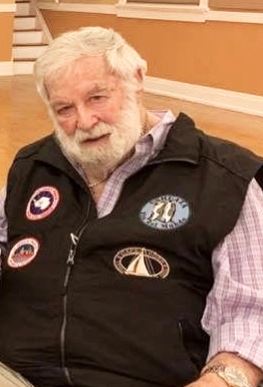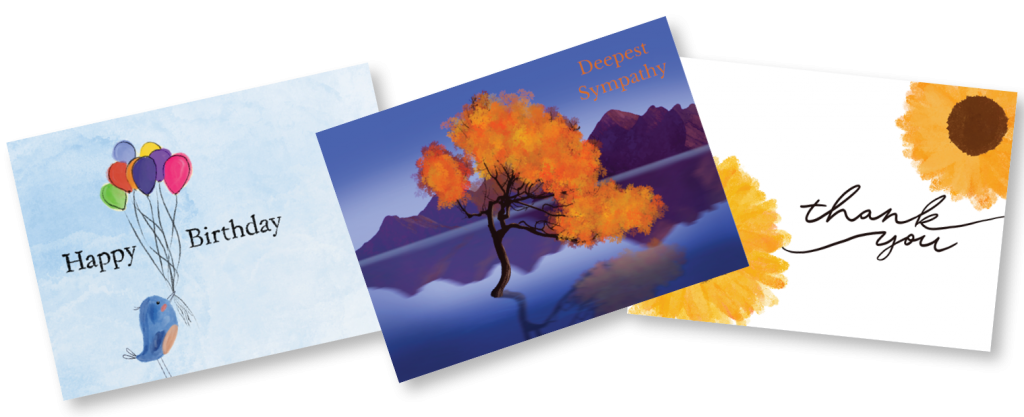CHANUKAH AT THE O.K. CORRAL
By Ruth Rotkowitz Original Publication: 2022 “I am so glad we’re here,” my eleven-year-old daughter mused as she gazed out the car window, squinting at the rows of stately saguaro cacti lining the dusty road like prickly green soldiers standing at attention. “But it’s too bad we won’t be able to celebrate the first night of Chanukah.” “Why not?” came the unanimous response from the four adults in the car – my sister and brother-in-law, and my husband and me. “Duh!” declared my six year-old niece. “We are in Tombstone, Arizona! Who celebrates Chanukah here? The cowboys?” “We celebrate it, wherever we are,” I announced, rummaging in my purse and producing a tiny traveling menorah, barely four inches high. Everyone…
CHANUKAH AT THE O.K. CORRAL Read More »

